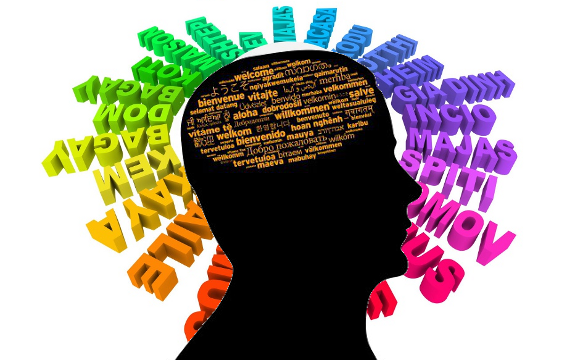Learning a Second Language Boosts Brain Power, Staves off Cognitive Decline

 Do you speak more than one language? If so, you could be less likely to suffer from age-related cognitive decline, as reported by recent research. If you don’t speak another language, don’t worry; it’s never too late to learn!
Do you speak more than one language? If so, you could be less likely to suffer from age-related cognitive decline, as reported by recent research. If you don’t speak another language, don’t worry; it’s never too late to learn!
According to a new study published in the Annals of Neurology, knowing more than one language can help protect your brain from decreased performance later in life. And the evidence says you can even reap the benefits if you don’t learn the language until later in adulthood.
“Our study is the first to examine whether learning a second language impacts cognitive performance later in life while controlling for childhood intelligence,” said lead researcher Dr. Thomas Bak of the Centre for Cognitive Aging and Cognitive Epidemiology at the University of Edinburgh.
The researchers looked at data from the Lothian Birth Cohort of 1936, where 835 native English speakers born in Scotland were profiled. An intelligence test was given to the participants in 1947, when they were about 11 years old. It was repeated in 2008 and 2010, when they had reached their 70s. The participants were also asked if they spoke any languages other than English.
Two-hundred and sixty-two of the participants were bilingual, with 195 of them learning a second language before the age of 18. Sixty-five of the bilingual study subjects learned their second language after the age of 18.
Comparing the bilingual elders to those who only spoke English, the researchers found those who spoke a second language to outscore the others in terms of reading and general intelligence.
“These findings are of considerable practical relevance,” said Bak. “Millions of people around the world acquire their second language later in life. Our study shows that bilingualism, even when acquired in adulthood, may benefit the aging brain.”
While one could point to the lack of aptitude tests as a shortcoming of the study (the researchers simply asked participants if they were bilingual), Dr. Bak says this is actually a strength.
“Many never reach native-like perfection,” said the researchers. “For this population, our results are particularly relevant; bilingualism in its broad definition, even if acquired in adulthood, might have beneficial effects on cognition independent of childhood intelligence.”
The study reports:
“Recent evidence suggests a positive impact of bilingualism on cognition, including later onset of dementia. However, monolinguals and bilinguals might have different baseline cognitive ability. We present the first study examining the effect of bilingualism on later-life cognition controlling for childhood intelligence.
We studied 853 participants, first tested in 1947 (age = 11 years), and retested in 2008–2010. Bilinguals performed significantly better than predicted from their baseline cognitive abilities, with strongest effects on general intelligence and reading. Our results suggest a positive effect of bilingualism on later-life cognition, including in those who acquired their second language in adulthood.”
Of course there are many other factors that go into boosting overall cognition and preserving brain health as you age. Diet is one of those factors. Here are 7 natural brain power-boosting foods to eat all the time for improved cognition.
